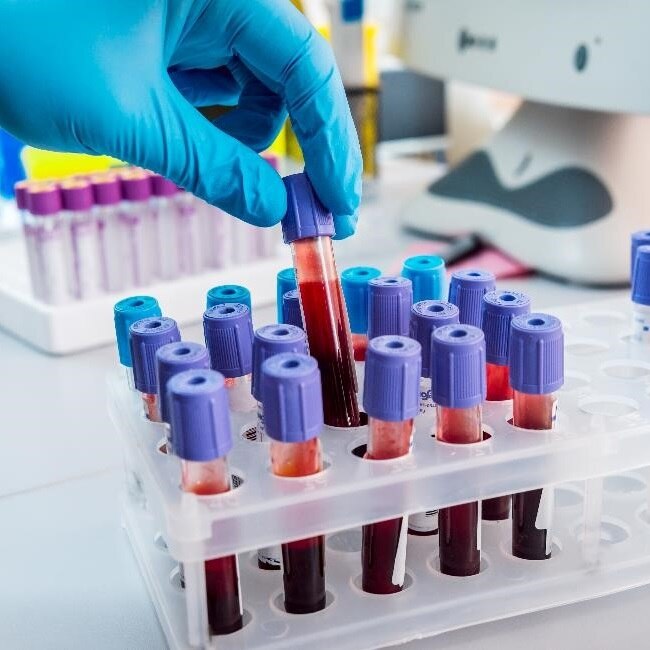Aplastic Anemia & Myelodysplastic Syndromes
View or Print All Sections
Definition & Facts
Aplastic anemia and myelodysplastic syndromes are rare but serious disorders in which your bone marrow is injured and doesn’t produce enough healthy blood cells, which leads to too few blood cells in your body.

Symptoms & Causes
The symptoms of aplastic anemia and MDS are similar but vary from person to person, depending on which type of blood cells are most affected and the underlying cause of the disorder.
Diagnosis
Health care professionals use your medical and family history, physical exam, and test results to diagnose aplastic anemia and MDS. Tests include blood tests, bone marrow tests, and other tests.
Treatment
Treatment for aplastic anemia may include a blood and bone marrow transplant, immunosuppressive therapy, blood transfusions, and/or medicine. Treatment for MDS is similar to that for aplastic anemia but focuses more on supportive care rather than a cure.
Eating, Diet, & Nutrition
Changes to your eating habits, diet, and nutrition may not prevent or treat aplastic anemia or MDS, but people who have had a stem-cell transplant or have low white blood cell counts may need to follow certain dietary guidelines.
Clinical Trials
The National Institute of Diabetes and Digestive and Kidney Diseases (NIDDK) and other components of the National Institutes of Health (NIH) conduct and support research into many diseases and conditions.
Related Conditions & Diseases
Related Research
See more about hematologic diseases research at NIDDK.
This content is provided as a service of the National Institute of Diabetes and Digestive and Kidney Diseases
(NIDDK), part of the National Institutes of Health. NIDDK translates and disseminates research findings to increase knowledge and understanding about health and disease among patients, health professionals, and the public. Content produced by NIDDK is carefully reviewed by NIDDK scientists and other experts.
The NIDDK would like to thank:
Amy E. DeZern, M.D., M.H.S., Sidney Kimmel Comprehensive Cancer Center at Johns Hopkins, The Johns Hopkins University School of Medicine

